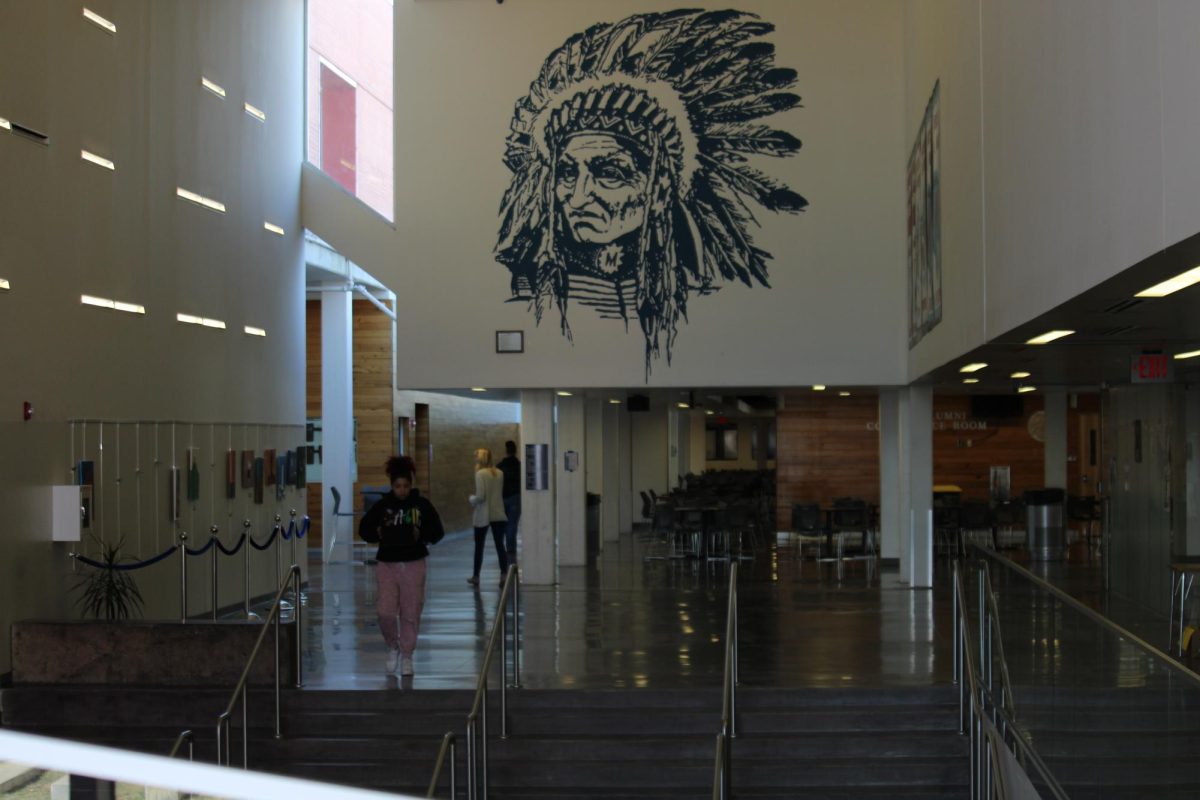 This editorial is a compilation from a discussion held by the editorial board. To listen to the conversation that led to this piece, visit mhsmentor.com.
This editorial is a compilation from a discussion held by the editorial board. To listen to the conversation that led to this piece, visit mhsmentor.com.
Under the new administration in Washington, D.C., Immigration and Customs Enforcement has been granted additional rights. Previously granted “safe spaces,” like places of worship, work and schools, are now open for these enforcement officers to conduct searches and arrests.
In response to these new regulations, the Kansas Department of Education released a statement, citing that school staff and administrators must not let ICE officers into their proximity without a valid warrant.
The Mentor Editorial Board believes it should be the utmost duty of school staff and administrators to keep their students safe and prevent any unreasonable search and seizure of school property or its students.
The modern-era ICE enforcement is supercharged by fear — a fear that has detrimental impacts on young people. These raids create anxiety among immigrant families, leading to school absenteeism, reluctance to seek medical care and avoidance of public spaces. This makes a school’s role ever more important, from the school nurse providing healthcare to students in need, to promoting attendance and ensuring that public schools are a safe space for students to learn and grow. In addition, these newly gained rights for ICE violate Fourth Amendment protections against unreasonable searches and seizures, especially when enforcement occurs without judicial warrants.
Beyond the legal implications, the fear of deportation deeply affects students’ mental health. Living with the constant worry that a parent or sibling could be taken away at any moment creates a psychological burden that no child should have to bear. Studies have shown that students from immigrant families in areas with high ICE activity suffer from increased anxiety, depression and emotional distress, all of which negatively impact their ability to focus and succeed in school. Schools must acknowledge this reality and actively work to provide mental health resources and a strong support system for at-risk students.
In their latest faculty meeting, MHS principal Michael Dorst specified that schools should obey the KSDE guidelines. However, the Mentor Editorial Board believes the school should go above and beyond to ensure the safety of its students and create an inviting and inclusive environment for at-risk students and families. For example, students should know their rights and what to do if approached by ICE officers. In addition, they should be reassured that the school is a safe place for them to learn. The looming fear of deportation and arrests can be deeply psychologically challenging for students.
School leadership must take proactive steps beyond just following state recommendations. Schools should provide “Know Your Rights” training for students and staff, establish a clear policy of non-cooperation with ICE unless legally required and partner with local organizations to connect immigrant families with legal aid and counseling services. These measures are not just about policy — they are about sending a clear message to students that their school will stand by them, no matter what.
Education should empower, not instill fear. If schools fail to take a strong stance against ICE’s expanded reach, they risk becoming complicit in policies that strip students of their right to a safe and stable learning environment. It is not enough to simply comply with state-issued guidelines — schools must be unwavering in their commitment to protecting their students from unjust enforcement and the trauma it brings.
The Mentor Editorial Board calls on school administrators, teachers, and community leaders to take action. Schools must make it explicitly clear that they will not allow ICE to use educational institutions as tools of enforcement. No student should have to fear that their school — a place meant for growth and opportunity — could become a site of separation and loss. Schools must not only be places of learning but also strongholds of safety, advocacy, and protection for every student who walks through their doors.








